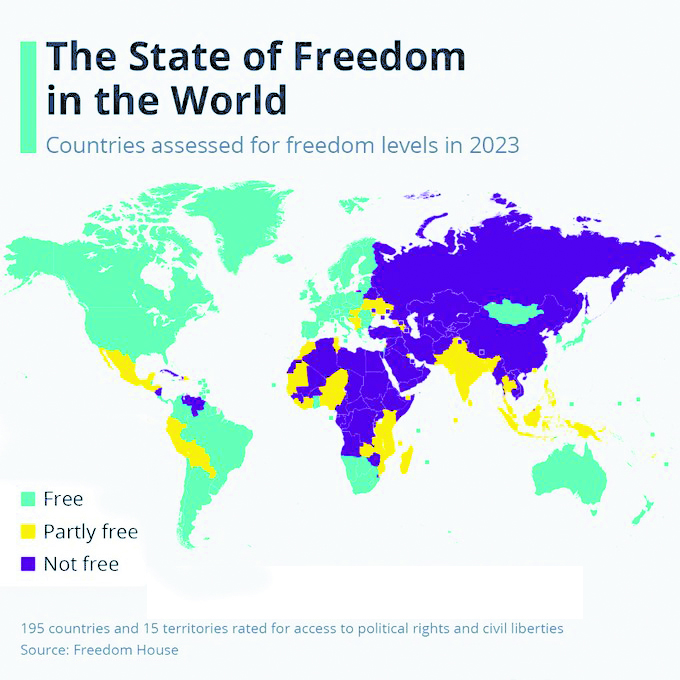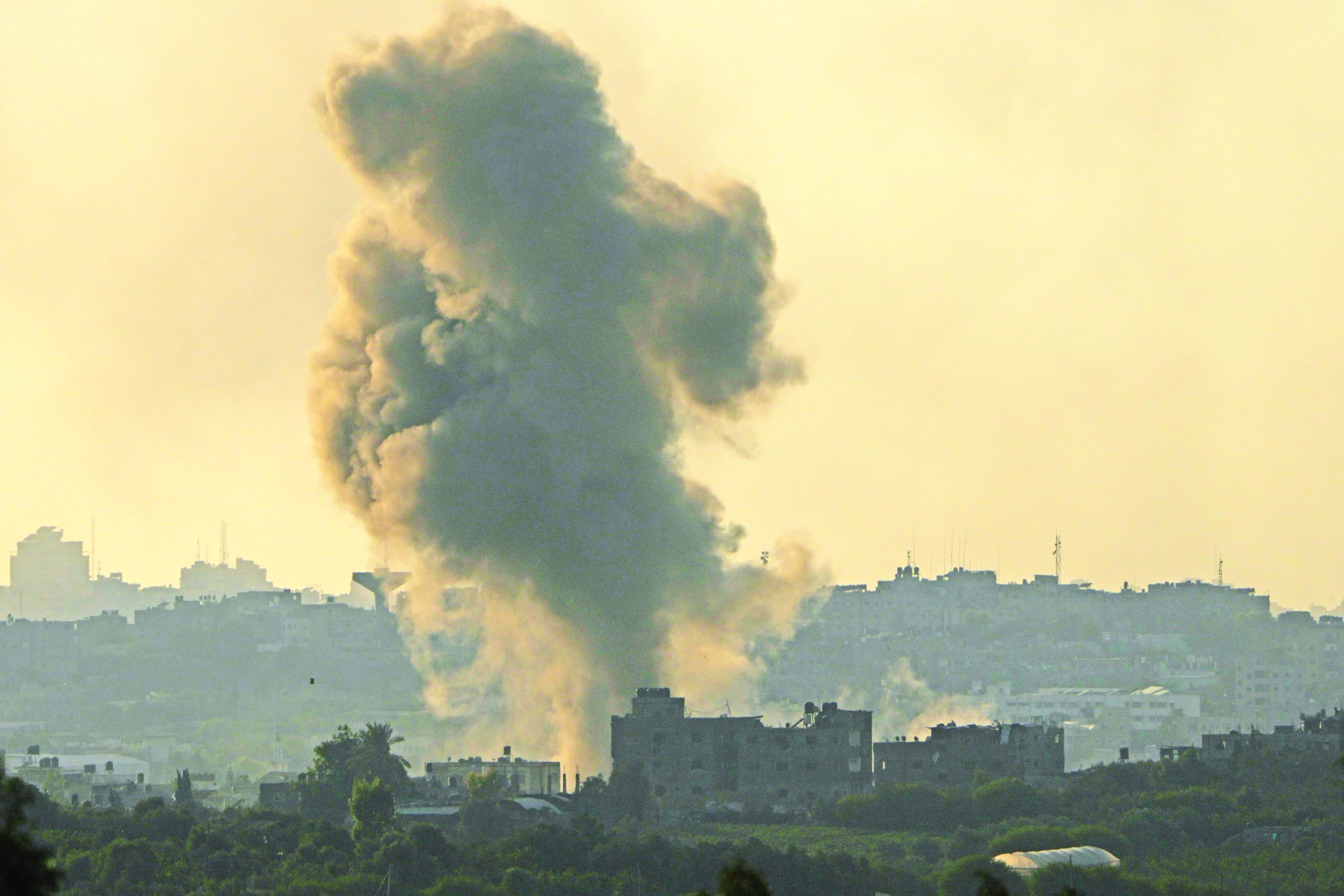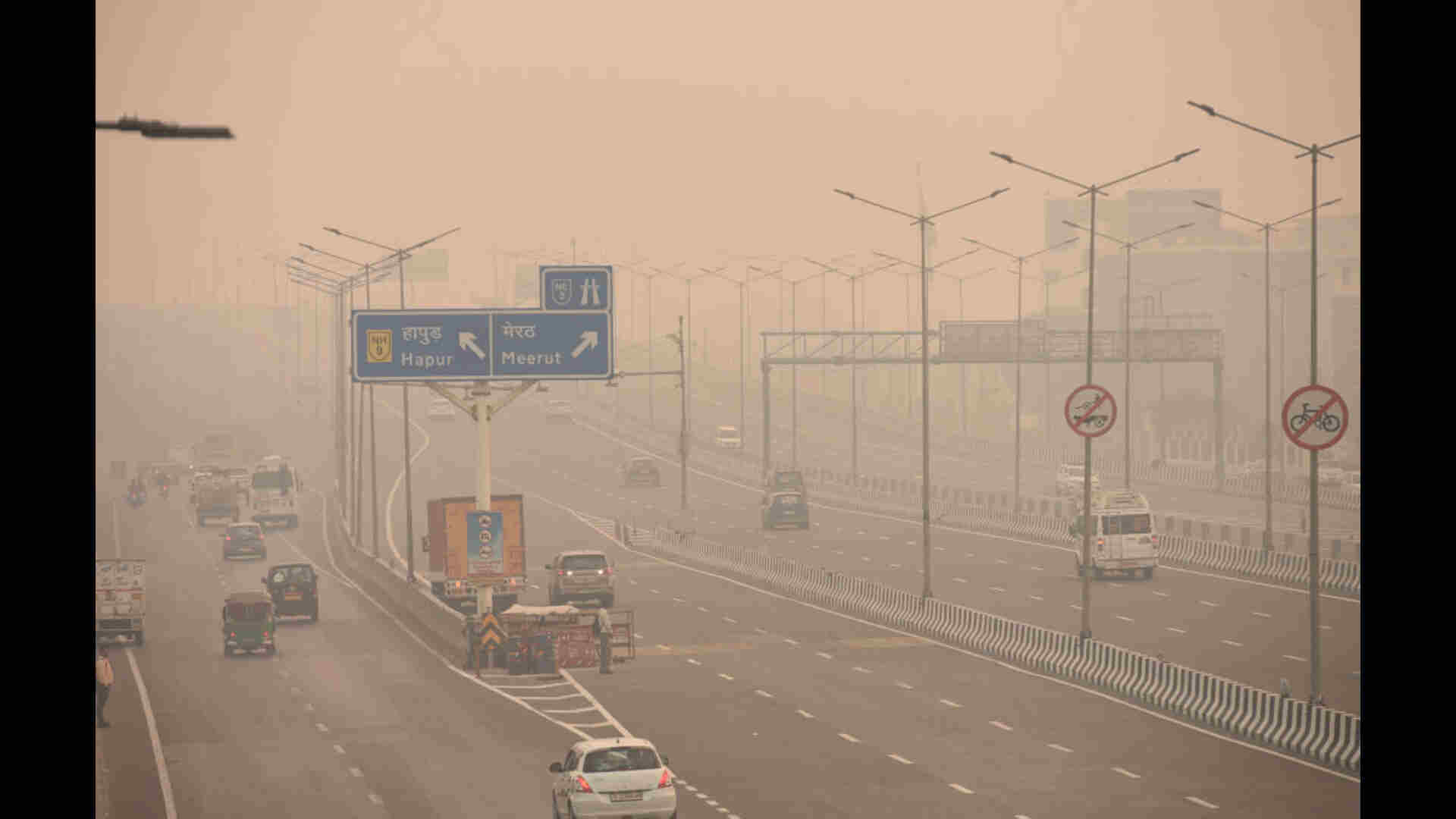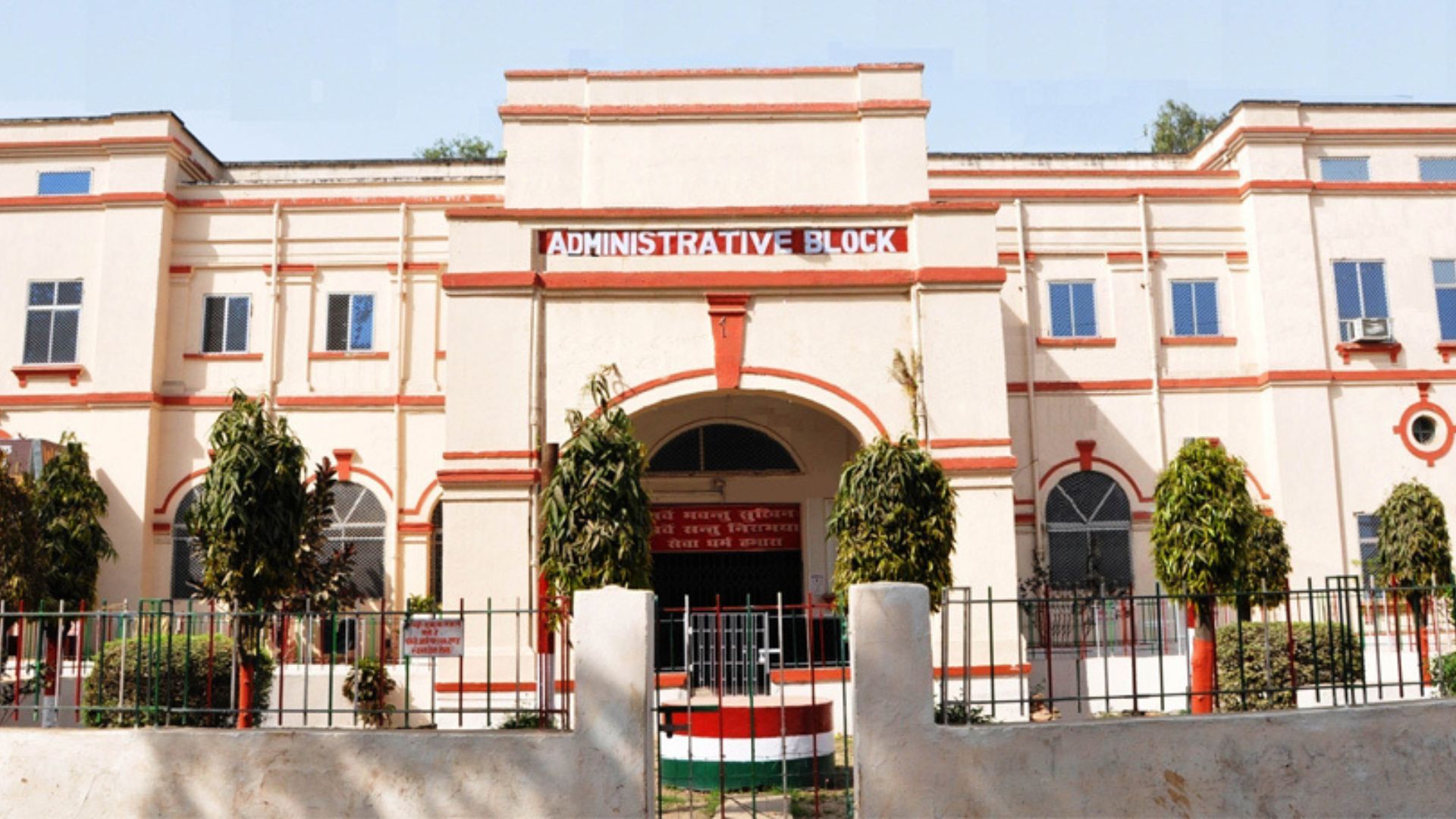Democracy faced sharp, widespread setbacks worldwide in 2023 with violence and manipulation marring a series of elections, Freedom House said Thursday.
In its annual report, the US-funded pro-democracy advocacy and research group switched classifications for two countries, downgrading Ecuador from free to partly free and upgrading Thailand from not free to partly free.
Overall, political rights and civil liberties declined in 52 countries and only 21 countries saw improvements, the 18th straight year that global freedom has declined and a much more lopsided trend than a year earlier.
“Even if you look at it region by region, usually we are able to say that one is an outlier, but every single region registered a decline,” said report co-author Yana Gorokhovskaia.
“The deterioration is pretty widespread,” she said.
The report spoke of efforts by incumbents “to control electoral competition, hinder their political opponents or prevent them from taking power” in Cambodia, Turkey and Zimbabwe and — unsuccessfully — in Guatemala and Poland.
Ecuador was downgraded due to election disruption by violent criminal gangs, including the assassination of anti-corruption presidential candidate Fernando Villavicencio following a campaign speech.
Thailand was upgraded due to competitive elections even though establishment forces prevented young progressive Pita Limjaroenrat, whose Move Forward Party won the most seats, from becoming prime minister.
“This isn’t, I would say, a full-scale victory for democracy or freedom and Thailand,” Gorokhovskaia said. But she saw as progress that the second-place Pheu Thai party of former prime minister and tycoon Thaksin Shinawatra was allowed to take over after years of efforts by the military-backed establishment to suppress it.
The biggest improvement on Freedom House’s 100-point scale was posted by Fiji, which gained seven points. Fiji, listed as partly free, held a tense election in December 2022 in which voters ousted Frank Bainimarama, who had led the Pacific archipelago since staging a bloodless coup in 2006.
Since the election, Fiji has made important progress including by reducing censorship and amending voter registration laws to improve women’s participation, Gorokhovskaia said.
Key Findings
Global freedom declined for the 18th consecutive year in 2023. The breadth and depth of the deterioration were extensive. Political rights and civil liberties were diminished in 52 countries, while only 21 countries made improvements. Flawed elections and armed conflict contributed to the decline, endangering freedom and causing severe human suffering.
Widespread problems with elections, including violence and manipulation, drove deterioration in rights and freedoms. Ecuador was downgraded from Free to Partly Free status because its elections were disrupted by violent criminal organizations, which killed several state officials and political candidates. In Cambodia, Guatemala, Poland, Turkey, and Zimbabwe, incumbents tried to control electoral competition, hinder their political opponents, or prevent them from taking power after election day.
While Thailand edged over the line from Not Free to Partly Free thanks to more competitive elections, a military-drafted constitution allowed unelected entities to distort the subsequent government-formation process. Military forces also ousted the elected government in Niger, leading to the second-largest score decline of the year, and adding another case to the wave of coups in the Sahel region of Africa that began in 2020.
The Kremlin’s full-scale invasion of Ukraine continued for a second year, further degrading basic rights in occupied areas and prompting more intense repression in Russia itself. Civilians also bore the brunt of the conflict between Israel and the Palestinian militant group Hamas, a civil war stemming from the 2021 military coup in Myanmar, and brutal fighting between rival military and paramilitary factions in Sudan.
Beijing continued to clamp down on the few freedoms available to residents of Hong Kong and Tibet, while the Russian regime advanced its efforts to repress vulnerable populations in Crimea and enlist local inhabitants in its war of aggression.







